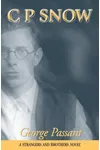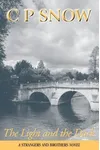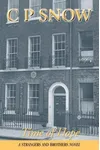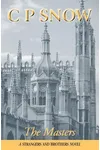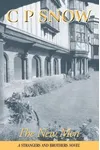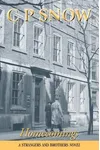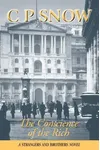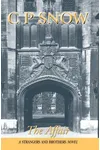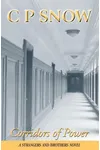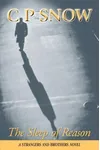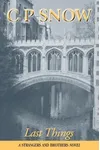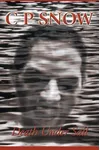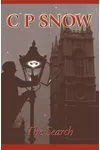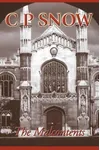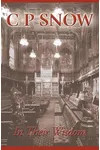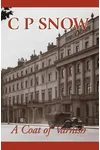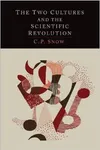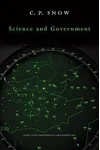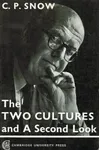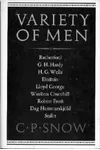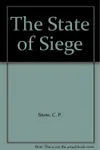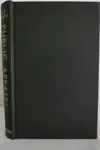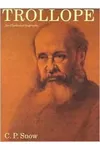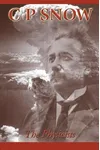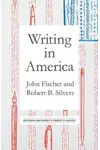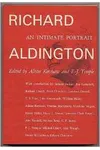Picture an English polymath who wove tales of power, science, and human connection—meet C.P. Snow! Born in 1905, this novelist, scientist, and civil servant captivated readers with his 'Strangers and Brothers' series and sparked global debates with his 'The Two Cultures' lecture. Snow’s life, blending intellect and storytelling, offers a fascinating lens on the clash between science and the humanities.
From humble beginnings to a peerage, Snow’s journey is a testament to curiosity and ambition. His ability to bridge disparate worlds—literature and science, bureaucracy and creativity—made him a unique voice of the 20th century. Ready to dive into his story?
The Making of C.P. Snow
Charles Percy Snow was born on October 15, 1905, in Leicester, England, to a working-class family. His father, a church organist, instilled a love of music, but young Snow gravitated toward science. He excelled academically, earning a scholarship to University College, Leicester, and later studying physics at Cambridge. By his 20s, Snow was a promising scientist, researching molecular structures, but his passion for writing soon took center stage. His early novels, blending personal ambition with social commentary, hinted at the literary giant he’d become.
Snow’s career wasn’t limited to the lab or the page. During World War II, he served as a scientific advisor, shaping Britain’s war efforts. This blend of roles—scientist, writer, civil servant—shaped his nuanced view of human systems, a theme that would define his novels.
C.P. Snow’s Unforgettable Stories
Snow’s most celebrated work is the 'Strangers and Brothers' series, an 11-novel cycle spanning 1940 to 1970. The series follows Lewis Eliot, a lawyer navigating the corridors of power in academia, government, and personal life. With a keen eye for human flaws, Snow explores ambition, loyalty, and moral dilemmas. Standout novels include 'The Masters' (1951), a gripping tale of academic rivalry, and 'The Affair' (1960), which delves into scientific ethics.
Beyond the series, Snow’s 1959 lecture-turned-book, 'The Two Cultures,' cemented his intellectual legacy. He argued that the divide between science and the humanities hindered progress, a provocative idea that still resonates. Snow’s writing style—clear, introspective, and grounded in real-world tensions—makes his work accessible yet profound. His novels, often semi-autobiographical, feel like intimate conversations with a wise friend.
Other notable works include 'The New Men' (1954), which tackles the moral complexities of nuclear science, and 'Corridors of Power' (1964), a term Snow coined to describe elite decision-making. His ability to weave personal and political narratives set him apart in post-war literature.
Why C.P. Snow Matters
Snow’s legacy lies in his fearless exploration of divided worlds—science versus art, individual versus institution. 'The Two Cultures' sparked debates that shaped educational reforms and interdisciplinary thinking. His novels, rich with insight into human nature, remain relevant for anyone navigating complex systems, from academia to politics. Knighted in 1957 and made a life peer in 1964, Snow’s influence extended to public life, proving intellectuals could shape policy and culture.
Today, Snow’s ideas inspire thinkers to bridge divides, whether in technology or the arts. His storytelling, rooted in empathy and intellect, invites readers to question their own assumptions about power and progress.
About C.P. Snow
- Born: October 15, 1905, Leicester, England
- Died: July 1, 1980, London, England
- Key Works: 'Strangers and Brothers' series, 'The Two Cultures'
- Awards: Knighted (1957), Life Peer as Baron Snow (1964)
Curious about Snow’s world? Snag 'The Masters' or 'The Two Cultures' and dive into his thought-provoking blend of science and storytelling!
